-
990425jinx ha inviato un aggiornamento 2 anni, 6 mesi fa
Screen printingScreen printing (traditionally called silkscreen printing; also known as serigraphy and serigraph printing) is a printing technique where a mesh is used to transfer ink (or dye) onto a substrate, except in areas made impermeable to the ink by a blocking stencil. A blade or squeegee is moved across the screen to fill the open mesh apertures with ink, and a reverse stroke then causes the screen to touch the substrate momentarily along a line of contact. This causes the ink to wet the substrate and be pulled out of the mesh apertures as the screen springs back after the blade has passed. One colour is printed at a time, so several screens can be used to produce a multi-coloured image or design.
Solvent Printing Ink is a relatively inexpensive type of ink that is compatible with inkjet printers. An attribute of solvent inks is that it is waterproof, thus making it resistant to fading and wearing.
Water Base Screen Ink is an ink made with water rather than plastic or PVC. Water Base Screen Ink can be split into main ingredients, water and pigment. It serves as a great alternative to plastisol ink in many circumstances.
Flexo Printing is a form of printing process which utilizes a flexible relief plate. It is essentially a modern version of letterpress, evolved with high speed rotary functionality, which can be used for printing on almost any type of substrate, including plastic, metallic films, cellophane, and paper. It is widely used for printing on the non-porous substrates required for various types of food packaging (it is also well suited for printing large areas of solid colour).
UV Flexo Ink is a high performance ink formulated using bio-renewable resin technology. These inks were designed to offer excellent color strength and mileage, excellent adhesion on many materials, and to be run at high printing speeds.
Water base flexo inks have considerably high surface tension, typically the highest of all inks, making them popular for printing on highly absorbent substrates of heavy weights, like corrugated packaging materials. They are compatible for use with every type of elastomer sleeve.
Construction coatings include protective coatings and sealants applied to various surfaces to improve surface properties, including appearance, corrosion, adhesion, and scratch resistance. The common construction coatings widely used nowadays include acrylic, epoxy resin, and polyurethane coatings.
A primer or undercoat is a preparatory coating put on materials before painting. Priming ensures better adhesion of paint to the surface, increases paint durability, and provides additional protection for the material being painted.
Wood Coatings are basically a kind of material to be applied on wooden surface to protect the wood from different natural and manmade factors. These factors also include all the environmental agents which can cause harm to the wood. In simple words, Wood coatings act as a life guard to any wooden item.
Digital ink is a form of technology that allows handwriting and drawings to be added electronically to documents and be displayed on a computer monitor.
